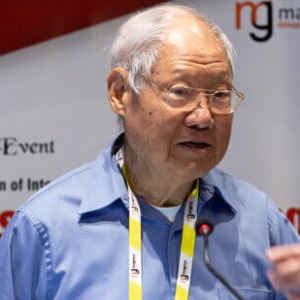Vaccines and Applied Immunology
Vaccines are one of modern medicinese's greatest achievements. Vaccination was a pivotal event in the battle between microorganisms and humans. Vaccines are the most cost-effective life-saving device in history, even though improved sanitation and antibiotics may have saved more lives. Despite their shared origins more than 200 years ago, vaccinology and immunology have evolved along such divergent paths that the majority of extremely successful vaccines have been developed empirically, with little or no immunological understanding. Recent advancements in innate immunity have provided fresh insights into the processes of vaccine-induced immunity, allowing for a more rational vaccine design approach.
Immunology is a discipline of medical and biological research that studies the immune system. The immune system defends us against infection in a variety of ways. When the immune system isn't working properly, it can lead to diseases including autoimmunity, allergies, and cancer. The immune system is a complex network of structures and functions that has evolved to keep us healthy. The immune system is made up of molecular and cellular components. Nonspecific mechanisms, which are intrinsic to an organism, and responsive responses, which are adaptive to specific pathogens, are the two types of functions performed by these components.

Murray Moo Young
University of Waterloo, Canada
Limongi Tania
University of Turin, Italy



Title : Improving health in over 40,000 patients: The impact of nanomedicine fighting antibiotic resistant infections
Thomas J Webster, Brown University, United States
Title : Advancement in dual lateral flow immunoassay design for sensitive, rapid detection of rotavirus and adenovirus in stool samples
Ayan Ahmed Isse, Genexus Biotech Company, Somalia
Title : Evaluating cell compatibility and subcutaneous host response of silk fibroin–chitosan plug composites as potential resorbable implants
Luis Jesus Villarreal Gomez, Universidad Autonoma de Baja California, Mexico
Title : Renewed novel biotech ideas, with bioreactor bioengineering economic impact
Murray Moo Young, University of Waterloo, Canada
Title : Osmotic lysis–driven Extracellular Vesicle (EV) engineering
Limongi Tania, University of Turin, Italy
Title : Diversity analyses of microbial communities in Armanis gold-polymetallic mine and acid mine drainage: Bioremediation
Anna Khachatryan, SPC Armbiotechnology of NAS of Armenia, Armenia